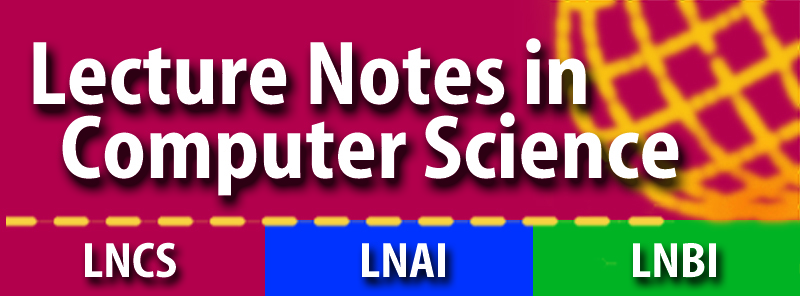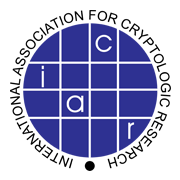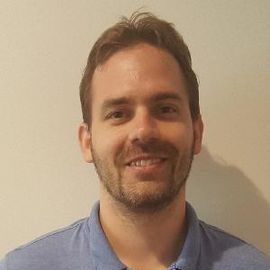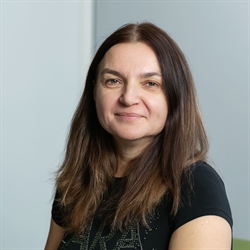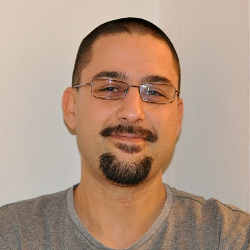NEW: Call for Book Chapters
Artificial Intelligence and Security: Recent Developments
To be published in the Springer Lecture Notes in Computer Science (LNCS) series
The integration of artificial intelligence (AI) and security, especially cryptography, is advancing rapidly. AI techniques are increasingly used in the analysis, design, and attack of cryptographic systems—spanning applications such as deep learning-based cryptanalysis, side-channel attacks, and AI-assisted cryptographic design. Conversely, cryptographic techniques are becoming essential tools for enhancing the security, privacy, and accountability of AI systems, especially in light of growing threats such as model extraction, backdooring, and malicious use of generative models.
Building on the themes explored in the AICrypt workshop series, this edited volume aims to present a comprehensive overview of recent developments at the intersection of AI and security. It will serve as a reference for both researchers and practitioners interested in the interplay between cryptography and AI, showcasing novel methodologies, results, and perspectives from academia and industry alike.
We invite contributions of chapters about original, unpublished research or surveys and systematizations of knowledge in this interdisciplinary area.
Submission Guidelines
Each chapter is expected to be around 20 pages, formatted according to the Springer LNCS guidelines. Instructions and templates will be provided to accepted contributors.
Authors are invited to submit an abstract of up to 1 page (excluding references), outlining the intended scope and main contributions of the proposed chapter. Abstracts should be submitted via email to the editors:
• Lejla Batina (Radboud University): lejla@cs.ru.nl
• Luca Mariot (University of Twente): l.mariot@utwente.nl
• Stjepan Picek (Radboud University): stjepan.picek@ru.nl
Topics of Interest
Topics relevant to this volume include, but are not limited to:
• Deep learning-based cryptanalysis (e.g., neural distinguishers)
• Implementation attacks and AI
• Application of homomorphic encryption and secure MPC for privacy-preserving ML
• Fuzzing
• Malware analysis
• LLMs and security (bug fixes, code generation, etc.)
• Physically Unclonable Functions and AI
• Adversarial attacks
• Backdoor attacks
• Federated learning
• Watermarking of AI models
• Privacy attacks
We are particularly interested in works that bridge the gap between AI and cryptography, either by applying AI to improve security techniques, or by using cryptographic tools to enhance the trustworthiness and accountability of AI systems.
Important dates (AoE)
Abstract submission deadline: September 5, 2025
Notification of abstract acceptance: September 15, 2025
Full chapter submission deadline: December 15, 2025
Revised version deadline (after editorial review): March 15, 2025
